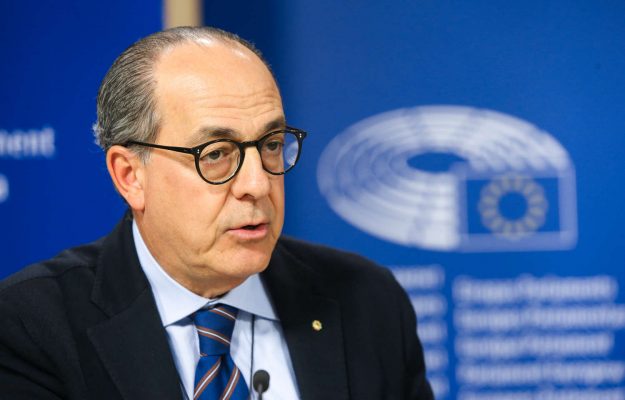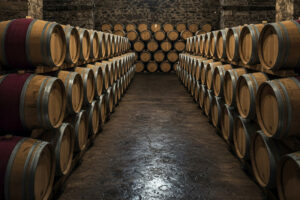The international landscape is certainly not the best for the agri-food and wine sector in recent months: we are in times of economic crisis and geopolitical uncertainties, where Brexit dominates above all, with the addition of the threat of tightening Usa duties that threaten the entire food and wine sector. Themes, on which Paolo De Castro, S&D coordinator at the Agriculture Commission of the European Parliament, also spoke, trying to clarify the hottest topics of the last few months, but to try to reassure the experts too. “From now until December 31, 2021 - said De Castro - there will be no changes in the exchange of goods, services and people between the EU and the UK. The future will depend on the agreements that we will sign between now and a year, a time that many observers believe may not be enough even if Boris Johnson is convinced of it.” On the other hand, as regards the duties imposed by the United States, to prevent them from being tightened, the meetings between representatives of governments and the EU with the Americans are continuing. “Ursula von der Leyen, president of the EU Commission - explained the MEP - will meet Donald Trump in the next few days to avoid the escalation of the duties from 25% to 100% and/or the so-called “carousel”, that is the rotation of the duties on various products. The USA has been authorized by the Court of the World Trade Organization (Wto), following the ruling on the aid to Airbus in their favor, to put the sanctions to Europe for a maximum limit of 7.5 billion dollars, for now, recovered by the North Americans for half. The WTO’s opinion on the case of US government aid to Boeing is expected between April and May, which will put the EU in a position to negotiate on equal terms on the duties imposed by Trump. Otherwise, a “ping pong” of duties would start which would not be good for anyone. Furthermore, the European Union - he concluded - could implement countermeasures, such as blocking the entry into Europe of American soybeans, which would cause serious damage to the US agricultural economy. But I hope it doesn’t come to this”. However, the Italian and European producers are not only interested in strictly non-European issues: the reform of the CAP is also on the table. “The reform of the European Common Agricultural Policy on wine - said De Castro - is going through a delicate moment. We need to apply some instruments of production planning and supply regulation that help producers and consortia, as happened in the dairy sector. Something that in France and Spain have already done by interpreting in this sense the latest revision of the CAP 2014-2020”.
Copyright © 2000/2026
Contatti: info@winenews.it
Seguici anche su Twitter: @WineNewsIt
Seguici anche su Facebook: @winenewsit
Questo articolo è tratto dall'archivio di WineNews - Tutti i diritti riservati - Copyright © 2000/2026







































































































































































































